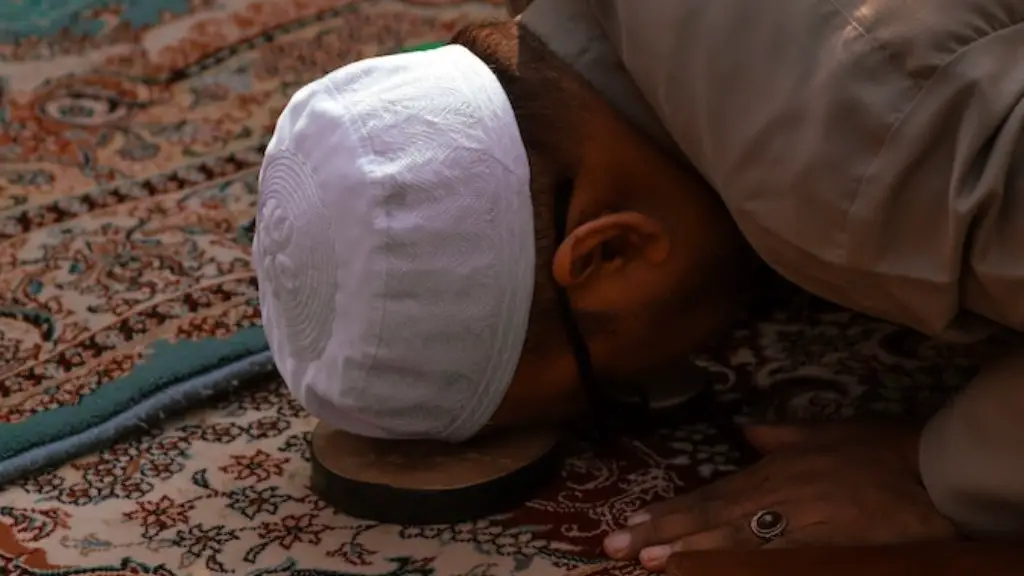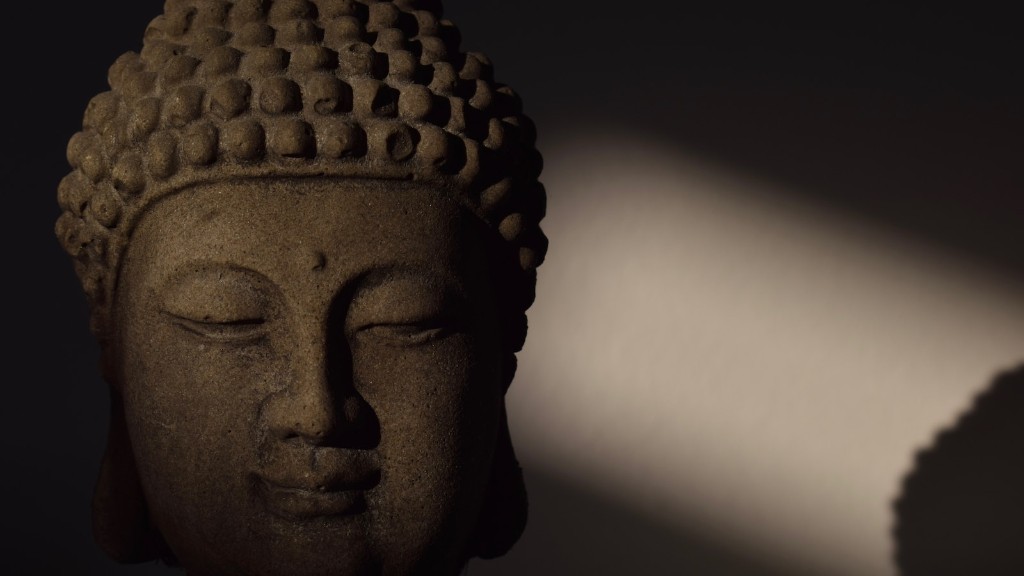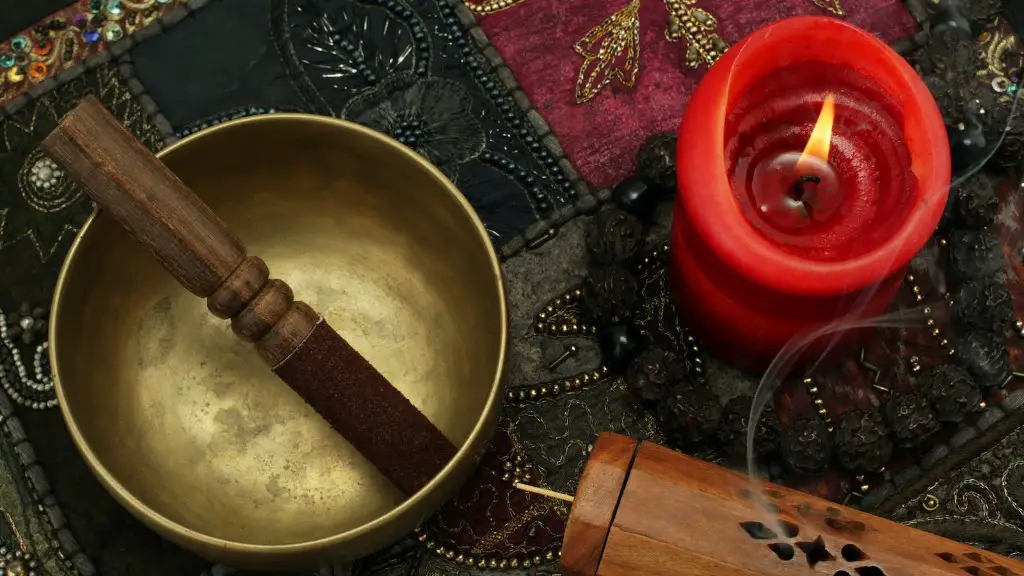What is Soul in Hinduism?
Hinduism is a vast and ancient religious tradition that is rooted in India, where it developed over thousands of years. It is a polytheistic faith, and Hindus believe in many gods, each of which is seen to be an aspect of the one, limitless Divine. In Hinduism, the human soul is both part of the divine and distinct from it. It is the essence of a person, and the understanding of its nature is important in understanding the faith.
Hinduism teaches that the soul is immortal and that it passes from one body to another in a cycle of rebirth known as samsara. As a person lives their life and moves through samsara, their soul accumulates karma. This is the accumulated good and bad effects of a person’s actions, and it persists even in the afterlife. If a person has good karma, they will be reincarnated into a higher life form such as a god or a guru. If the karma is bad, they will be reincarnated into a lower life form such as an animal or even a plant.
The ultimate goal of the Hindu is to transcend samsara and be liberated from the cycle of rebirth. This is known as moksha, and it can only be achieved by achieving perfect spiritual enlightenment. This is seen as the highest form of consciousness, as it means transcending all dualities and becoming one with the divine. It involves no longer identifying with the physical body or ego, and instead living in a place of utter peace.
In Hinduism, the soul is seen as an aspect of the divine that exists beyond the physical body. It is the eternal spark at the heart of all beings, and it is connected to the same source of universal energy. This source is known as Brahman, and it is seen as the ultimate reality. It is synonymous with the divine, and it is realized when a person is liberated from the cycle of rebirth and lives in perfect harmony with the universe.
The soul is an essential part of the Hindu faith, and understanding it is important to understanding the religion as a whole. It is an eternal, divine spark that is connected to the same source of energy, and it passes from one body to another in a cycle of rebirth. The ultimate goal is to be liberated from this cycle and achieve perfect spiritual enlightenment.
Karma
Karma is an essential part of the way of life in Hinduism, and it is seen as the accumulation of good and bad effects of a person’s actions. This accumulates over the course of one’s life and is carried into the afterlife. Depending on how much good or bad karma a person has accumulated, will determine what kind of life form they are reincarnated into in the next life.
Karma is seen as an important part of spiritual growth and development. It is believed that by doing good deeds and leading a righteous life, one can accumulate good karma and eventually be liberated from the cycle of rebirth. On the other hand, if one leads an immoral life and does bad deeds, they will accumulate bad karma and be born into a lower life form in the next life.
The concept of karma is closely linked to the idea of reincarnation, as it is seen as a way to understand why people are born into different life forms. It is also seen as a way to understand the consequences of a person’s actions and the importance of living a good and moral life.
Reincarnation
Reincarnation is an integral part of Hinduism and it is closely linked to the soul. It is believed that souls pass from one body to another in a cycle of rebirth known as samsara. This is seen as an essential part of the spiritual journey, and it is an opportunity for the soul to experience new lessons and grow. The ultimate goal is to be liberated from this cycle and reach moksha, or perfect spiritual enlightenment.
Reincarnation is seen as a process of transformation, where the soul is born into a different form depending on the accumulated karma. Each life is an opportunity to shape the soul, and it is seen as a way to reach ultimate spiritual liberation. The goal is that after many cycles of rebirth, the soul will finally be freed from the cycle.
Reincarnation is seen as a positive process, as it is believed to be an opportunity for the soul to experience different forms of existence. It is also seen as an opportunity to learn, grow, and ultimately reach spiritual enlightenment. By embracing this process, a person can move closer to their ultimate goal of moksha.
Moksha
Moksha is the ultimate spiritual goal in Hinduism and it is seen as the highest form of consciousness. It is a state of perfect spiritual enlightenment and liberation from the cycle of birth and death known as samsara. To achieve moksha, one must go beyond all dualities and become one with the divine source of energy known as Brahman. This involves no longer identifying with the physical body and ego, and instead living in a place of perfect peace and harmony.
Moksha is seen as the highest spiritual attainment that a person can reach. It is a state of liberation, where the soul is no longer bound by the cycle of rebirth and thus no longer accumulates karma. Instead, the soul is at one with Brahman and is in a state of perfect peace and bliss. This is seen as the ultimate goal, as it leads to ultimate spiritual freedom and enlightenment.
In Hinduism, moksha is seen as the ultimate goal of the soul. It is a state of perfect spiritual liberation and enlightenment, and it is only achievable by perfecting one’s spiritual practice and transcending all dualities. By working towards this goal, one can move closer to their ultimate spiritual freedom and harmony with the divine.
Practices
The Hindu faith is a vast and ancient tradition, and there are many different paths to spiritual enlightenment. There are many different practices and teachings that are designed to help a person become one with the divine and achieve moksha. These include yoga, mantra chanting, meditation, and prayer. Each of these practices is designed to help a person become more connected to the divine and move closer to the goal of moksha.
Yoga is an integral part of Hinduism, and it is seen as a way to become one with the divine. It involves the physical and meditative practice of asanas (postures), breathing exercises, and meditation. These practices are designed to bring the body, mind, and spirit into balance and open the path to enlightenment.
Mantra chanting is another important practice that is seen as a way to connect to the divine. It involves the repetition of mantras (mystic syllables) that are believed to have transformative properties. By using them, a person can become more connected to their higher self and move closer to their spiritual goal.
Meditation is also an essential practice in Hinduism, and it is used as a way to quiet the mind and open it to the divine. It involves focusing on a single point of focus and allowing the thoughts to flow without judgment or attachment. This practice is seen as a way to go beyond the physical body and ego and become one with the divine source of energy.
Prayer is another important part of the Hindu faith and it is used as a way to connect to the divine and ask for guidance. It involves giving thanks to the divine, asking for help, and petitioning for blessings. Prayer is seen as an essential part of the spiritual journey, as it is believed to bring one closer to the divine and facilitate spiritual growth and understanding.
Conclusion
The soul is an essential part of Hinduism and it is seen as an eternal, divine spark at the heart of all beings. It is connected to the same source of energy, and passes from one body to another in a cycle of rebirth until it is liberated from the cycle and reaches moksha. To achieve this, a person must engage in spiritual practices such as yoga, mantra chanting, meditation, and prayer, in order to become one with the divine and move closer to their spiritual goal.



